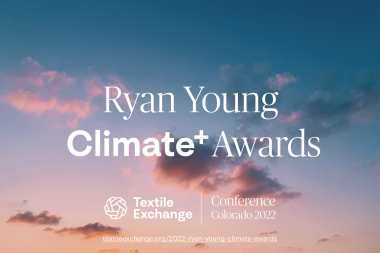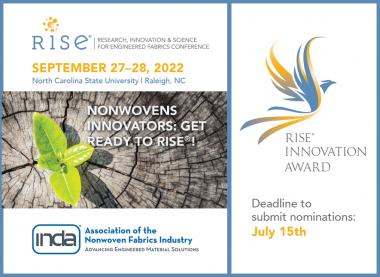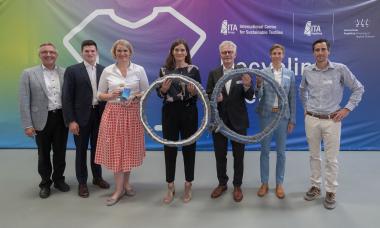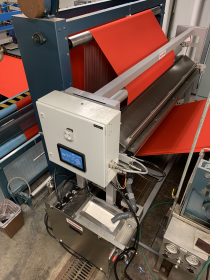Haelixa: Egyptian cotton products traceable thanks to DNA marker
Within the scope of the United Nations Economic Commission for Europe (UNECE) initiative “The Sustainability Pledge”, to improve transparency and traceability for sustainable garment and footwear supply chains, the Swiss company Haelixa traces Egyptian cotton from the source up to premium shirts.
The UNECE and United Nations Centre for Trade Facilitation and Electronic Business (UN/CEFACT) has been developing over the period 2019-2022 policy recommendations, implementation guidelines, a call to action, and a traceability toolbox including blockchain and DNA tracing solutions, which has been implemented in few different textile supply chains. Haelixa is part of the group of experts that develops such policy recommendations and conducts projects with key industry players to set traceability benchmarks and later develop them into standards.
Fashion brands are often responsible for complex global value chains and traceability is the needed tool to enable trust, transparency and credible sustainability. The magnitude of the supply chain traceability challenge can be overwhelming for brands, but the UNECE initiative framework facilitates the alignment with suppliers, provides the necessary guidance and the needed tools, with Haelixa as physical traceability provider.
To make the premium shirts traceable, Haelixa has developed a DNA marker to label the raw material, premium Egyptian cotton. The DNA marker has been applied as fine spray to GIZA 96 lint cotton in Borg Al Arab, Egypt and used to produce the finest fabric by Swiss manufacturer Weba. Once applied to the fibers, Haelixa’s DNA markers stay safely embedded into the material and withstand the industrial processing, ensuring traceability from the source until the finished garment. Samples of lint cotton, yarn, and fabric at different steps were verified with a test based on PCR, and the correct DNA marker was detected, thereby enabling the identification of the premium product, of its origin and the specific supply chain. The forensic data obtained were recorded on a blockchain system provided by UNECE. The marked fabric was used to make Hugo Boss cotton dress shirts. As one of the leading premium fashion brands and partner to the UNECE project, Hugo Boss is responsible for a complex global value chain and strives for high sustainability standards and is looking at traceability options.
“In cases like this one, where the material is of the highest quality and the product is shipped from one facility to another for premium processing, adding physical traceability is critical to ensure that the origin, quality and processing claims can be backed up" says Gediminas Mikutis, CTO and co-founder at Haelixa.
Maria Teresa Pisani, Economic Affairs Officer and Project Lead at UNECE, emphasized: “Traceability and transparency are crucial elements to protect environmental, social, and human rights along global value chains. At UNECE, we aim to enhance traceability approaches by exploring new and innovative solutions that help identify and address negative impacts in the fashion industry.”
United Nations Economic Commission for Europe UNECE DNA marker Egyptian cotton Haelixa transparency supply chain traceability
Haelixa AG































